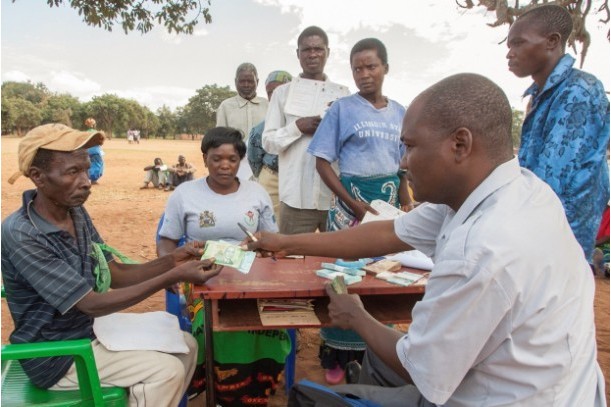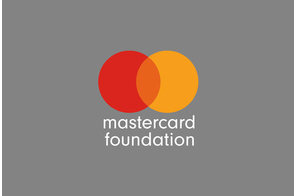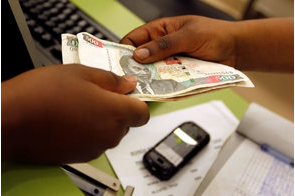Impact of cash transfer schemes limited by myths in Africa – study

Summary
The study tackles the numerous ideologies and misinformation that limit the ability of poor communities to leverage the full potential of social safety nets.
A new research by Transfer Project and co-authored by an International Food Policy Research Institute’s (IFPRI) researcher, Audrey Pereira, has shown that the transformative impact of cash transfer programmes in Africa is being hindered by common myths, thereby undercutting the potential of the programmes. The report, titled "Myth-busting? How research is refuting common perceptions about Unconditional Cash Transfers in Africa," was released on Tuesday.
Established in 2008, the Transfer Project is a multi-country cash transfer research initiative, backed by UNICEF, UN Food and Agriculture Organisation (FAO), University of North Carolina, among others. The Transfer Project, along with Pereira, published the research, which tackles the numerous ideologies and misinformation that stand as barriers to the ability of poor communities to leverage the full potential of social safety nets.
The research, which was recently published in the World Bank Research Observer, identifies six misperceptions about cash transfers. They are: 1) Cash transfers induce higher spending on alcohol or tobacco; 2) They are fully consumed (rather than invested); 3) They create dependency (reduce participation in productive activities); 4) They increase fertility; 5) They lead to negative community-level economic impacts (including price distortion and inflation); and 6) They are fiscally unsustainable.
According to a statement by the Washington, DC-based IFPRI – a think tank that provides solutions to sustainably reduce poverty, end hunger and malnutrition in developing countries – these misperceptions limit the range of feasible tools that governments can consider to reduce poverty and support inclusive growth.
IFPRI said there is broad evidence showing the benefits of unconditional cash transfers in Africa and elsewhere. Every African country has at least one social safety net, while the average country has 15 programmes, which cover 10 percent of the population. Social safety nets are integral to achieving Sustainable Development Goal 1 – which deals with ending (extreme) poverty in all its forms by 2030.
Pereira, who is a health economics, and the other authors say the false claims about cash transfer schemes can be detrimental to the sustainability, financing and scale-up of programmes.
Related
-
Mastercard Foundation invests $4.4mn to drive financial inclusion in Africa
The Mastercard Foundation Fund for Rural Prosperity is aimed at supporting innovative and scalable financial products and ...
-
IFC, MasterCard Foundation release handbook to support financial inclusion in Africa
The IFC said the handbok is a practical guide for banks, mobile network operators, microfinance institutions, and payments ...
-
EFInA approves $250,000 grant for Lotus Capital to expand health insurance
Only one million adults in Nigeria, representing 1.1 percent of the total adult population, have insurance.










